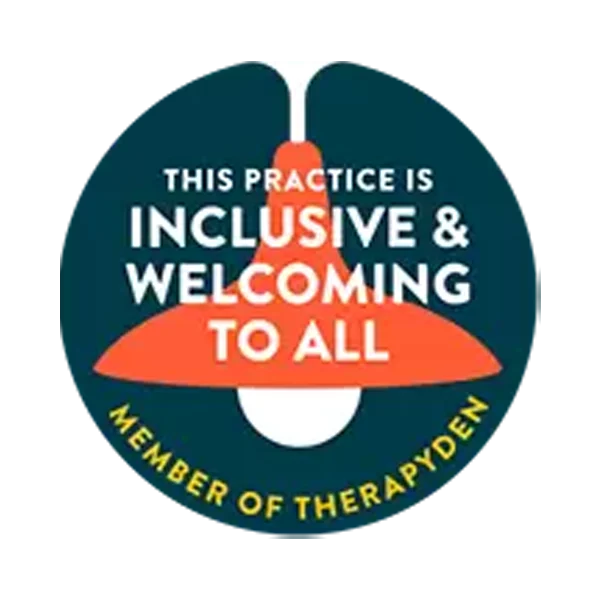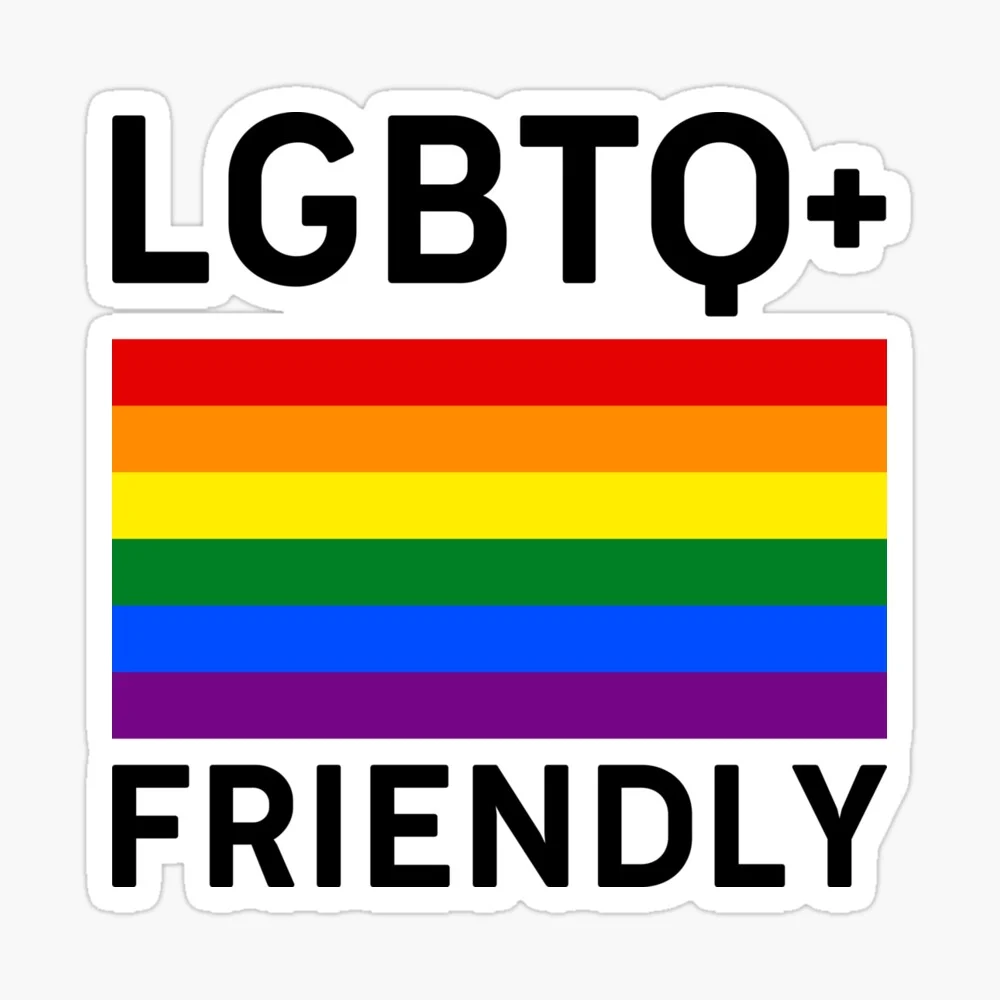“My partner (or mother, father, uncle, aunt, friend, neighbor, etc.) voted differently than me. We fundamentally disagree about this, how do we get along?”
You may be elated with the last election results, or devastated and horrified. You may support the direction the country is going in or strongly oppose it. Regardless of how you feel about the results, you have probably experienced or noticed intense emotions within you and those around you.
Politics in America is so polarized right now it’s affecting couples and families in unprecedented ways. During the 2016 United States election I started seeing couples in my office for couples counseling that voted differently (Hilary Clinton – Donald Trump). And that is again happening now. They didn’t know if their relationship would survive such differences in values and visions for the country and for their lives. Some of these couples did discover that these differences were a deal breaker they couldn’t navigate through and it ended their relationship or marriage. Others found ways to adapt and ensure mutual respect and connection despite the differences.
People’s relationships are also being affected by the chasm in the issues and attitudes of their friends, family members, co-workers and neighbors. It can be incredibly difficult to know what the best way to navigate this is.
Many people are resorting to cutting off and ending relationships with family and friends. This is understandable–and as a therapist I will always support setting healthy boundaries for your emotional, physical and spiritual wellbeing when all other methods and strategies for resolution are ineffective. But if we continue to do this across America, the already big divide in our country is going to get even bigger. Instead of uniting around similarities, we will be divided by our differences.
Here are some things to try first before cutting off a friendship or family member, or ending an intimate relationship:
1. Have conversations without trying to change the other person. Set your goal to listen and understand (the same skill you need for challenging and important conversations in your marriage). If you need help and training consider attending a Braver Angels training or debate. They teach people how to have conversations with people that have different views than yourself.
2. Set boundaries and agreements for these conversations (no hate speech, no vilifying the other, no jumping to conclusions without checking for accuracy first, etc). Differences on the issues is no excuse to disregard civility. We can disagree and still be respectful. Once respectful communication breaks down conversations need to end before more damage is done.
3. Decide on the best time and setting for the conversation. Maybe it needs to be time limited, or one on one, instead of in a group setting (or vice versa). Maybe there is a rule that there is no political talk at the dinner table, right before bed, or before work. Boundaries and structure can help provide some containment for these conversations.
4. Take good care of your physical, emotional and spiritual well-being. These are hard times and these conversations stretch us into zones of discomfort and new terrain. Notice when you need a break and respectfully take it. Pay attention to your sense of safety. If you don’t feel safe in the conversation, give yourself permission to leave, temporarily or permanently.
If you need support navigating this as a couple or in your family or intimate relationship, I’m happy to help you work through this so you can enjoy being with your loved ones again or decide which boundaries are the best approach for your relationship.
Contact me today if you’d like to set up an appointment.














